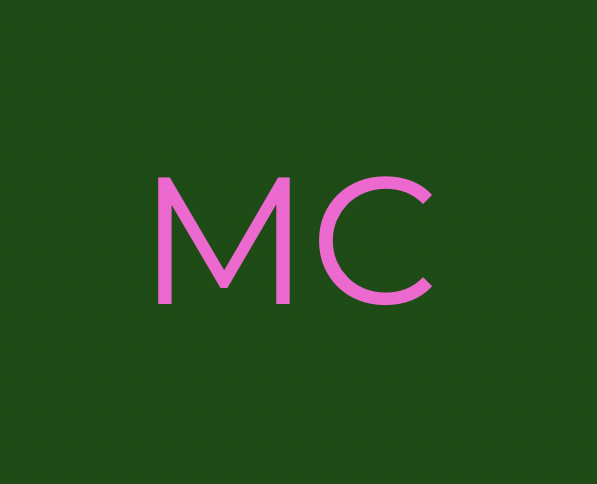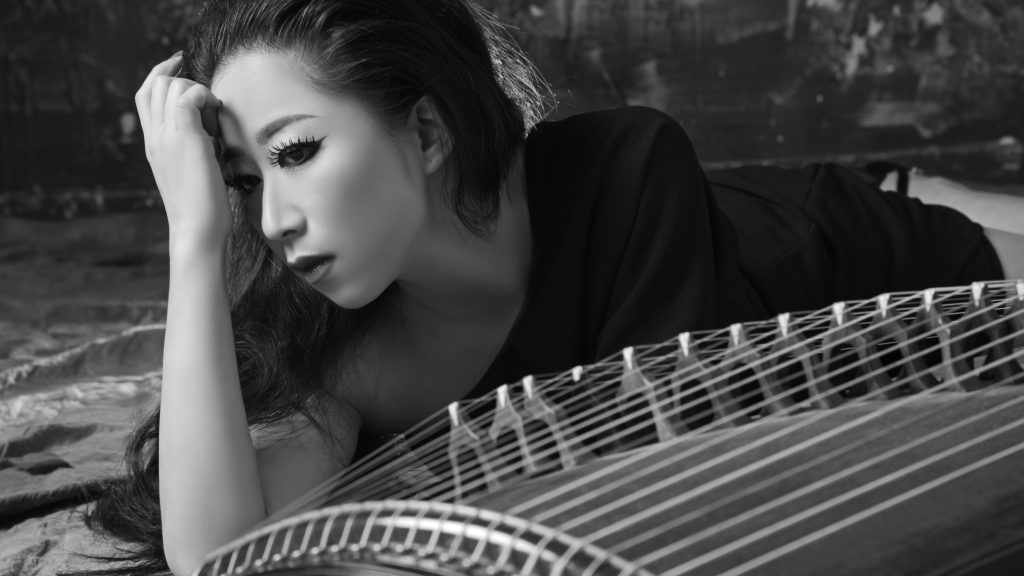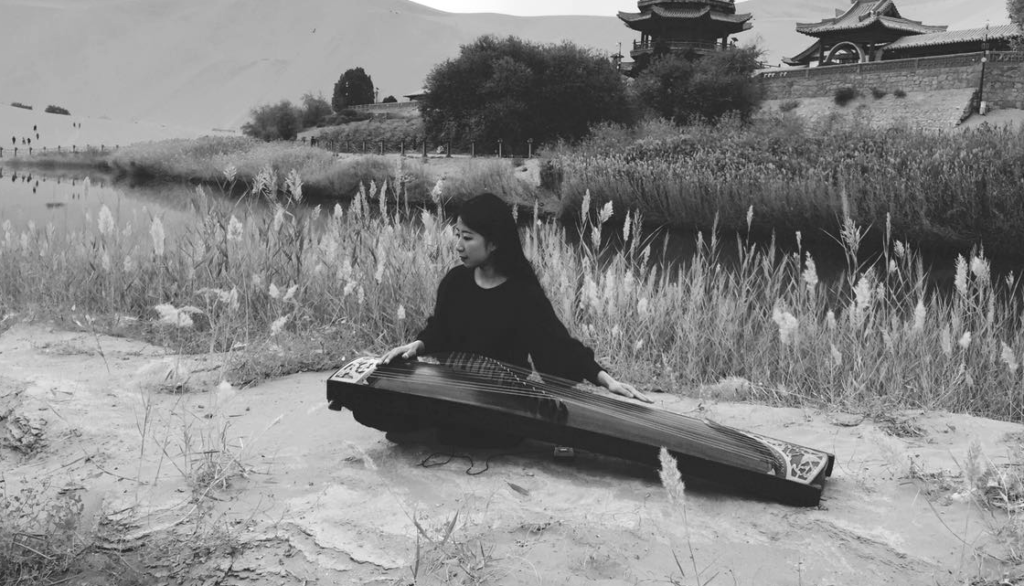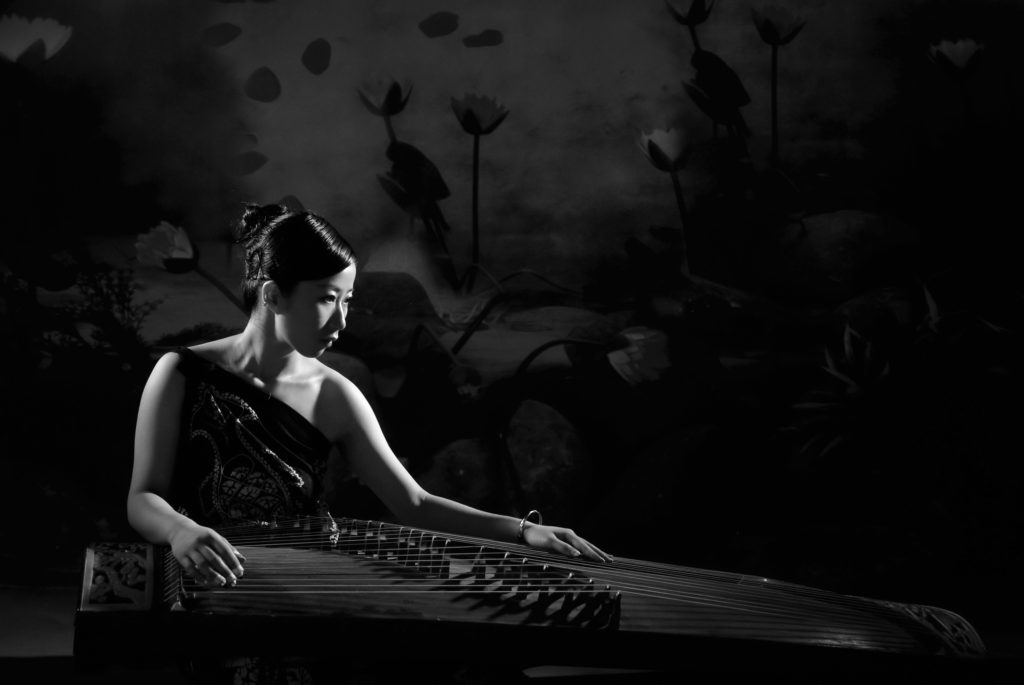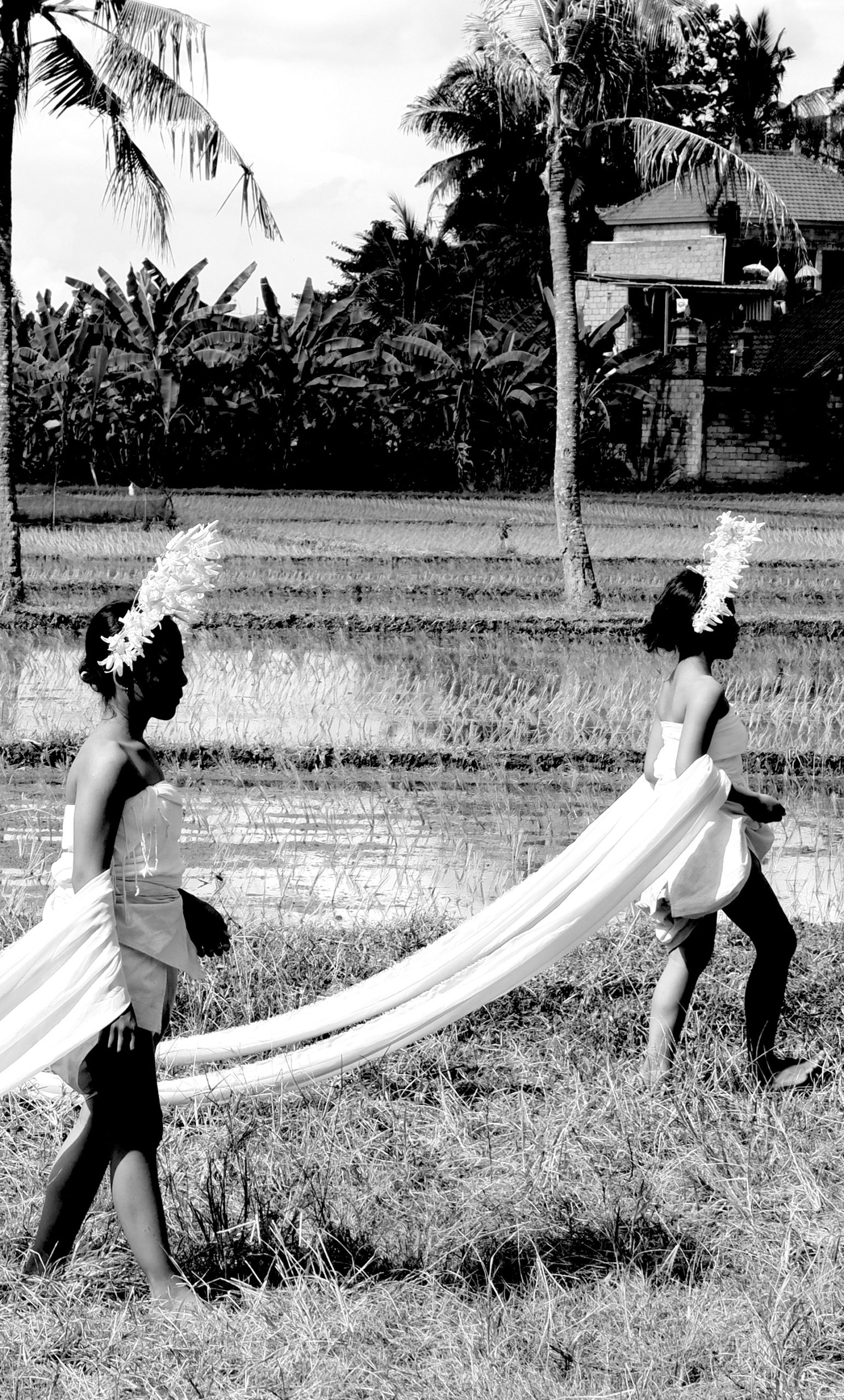MIAO MIAO
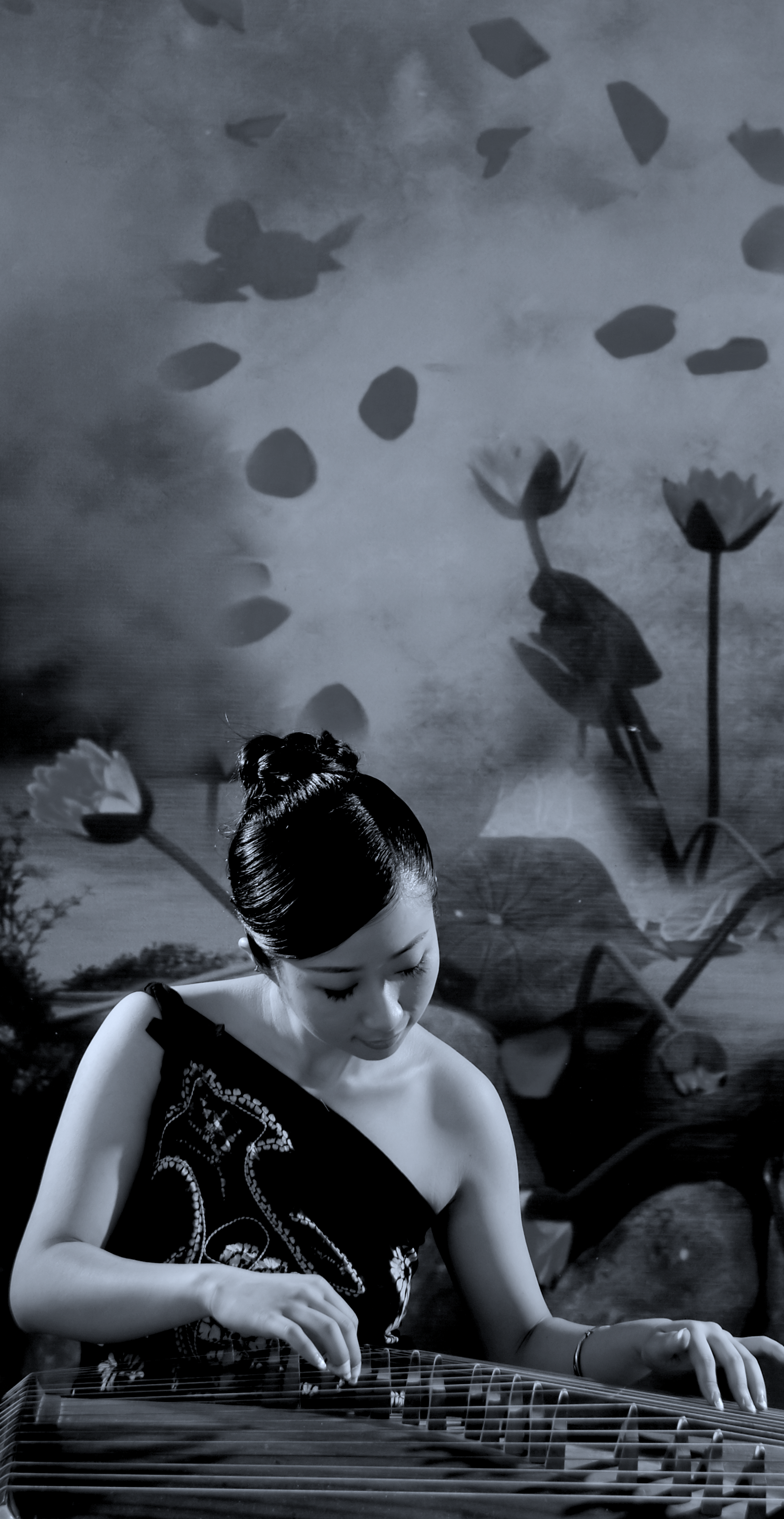
Between rehearsalsMelbourne Critique caught up with Mindy Wang, a Chinese-Australian musician whose work straddles borders of different musical genres. A virtuoso on the Guzheng or a Chinese zither, an ancient plucked instrument, Mindy is an example of a surviving and inspiring musician who fought to overcome cultural boundaries, create work for herself and contribute to greater international exposure of her instrument. She is now a proud Melbournian and one of the most highly-sought after musicians in this city, despite the specificity of her instrument.
I was born and raised in Northwestern China and studied composition in the UK before moving to Australia. I am now a musician, teacher and composer. I play a traditional Chinese musical instrument called Guzheng. It is one of the oldest musical instruments from China. The oldest discovered type had 13 strings and was dated to around 500 BCE around Warring States period 475–221 BCE, which has over 2500 years of history.
The guzheng is ancestral to several other Asian zithers such as the Japanese koto and the Korean gayageum.
My musical style has been influenced by Chinese Classical and Western contemporary music due to my cross-cultural life and professional experience. I brought lots of new styles to Guzheng playing, such as jazz, experimental, improvisation, pop, electronic, etc. I am about passionate creating new sounds on this ancient instrument.
Described as the keeper, the forward thinker and the reinvigorator of the Chinese tradition and beyond: how have you introduced Guzheng, a typically Chinese instrument, into the Australian and international artistic landscape?
I was actually very traditional when I was young. I received Classical Chinese training from a young age and Western music education aboard, after. While studying composition in the UK, I started experimenting on Guzheng with many Western styles. Guzheng is based on major pentatonic tuning which is extremely limited in style; imagine, instead of having 12 notes in an octave, there are only 5 on Guzheng. It is hard to adapt other types of music on Guzheng apart from traditional music composed specially for it.
” I didn’t like this instrument limitations, and started to think how to make Guzheng adapt to different musical styles and play with Western musical instruments.”
Since then, I overcame many challenges and, now, I write my own music in different styles, including:jazz, blues, ambience, pop, electronic, experimental, etc. Guzheng players predominantly play in traditional styles: traditional Chinese music is mostly connected with ancient stories and literature, which made it very difficult for the Western ear.
Adapting to new Western styles and collaborating with many Western artists made it easier to introduce this new sound to Australian audiences. Working with so many Australian musicians in the last couple of years, also introduced this instrument to Australian artistic landscape.
What have been some of the most memorable moments of your Australian musical career so far?
Wow, there are so many! I have grown so much, artistically, in the last couple years. I really love some of the concerts I played with the Indie rock Australian band Regurgitator, it was so much fun to tour all over the Australia with them! And I was so excited to get funded by the Australian Council for the Arts and Creative Victoria, and commissioned by OzAsia festival, China Shanghai International Festival and Australian Arts Orchestral to compose the first ever Guzheng and chamber orchestral piece “I am the Silk Road.” It was a great success and I even took AAO to Shanghai last October to play this work. I also enjoy attending different festivals, bringing different works and collaborating with different musicians, constantly.
What is currently in the works and what do you wish to do over the next couple of years?
This month, I have many different performances, such as PlayOn – a super cool series of performances held at unusual spaces all the time! I will appear at the Federation Square for the Multicultural Festival, at Premier’s Gala Dinner, performing at the Parliament house, Brunswick Music Festival and many more.
Recently, I also started working with some friends to make an electronic Guzheng; this will open up more sound possibilies to this instrument. In the future, I would like to expand my experiences with multi-art form project; such as, to collaborate with architects and visual artists. I also want to work with scientists on the projects involving science , nature and music.
What is your message or advice to musicians from around the world who try to lay their roots in Melbourne and introduce the traditional instruments and sounds of their backgrounds?
I hope the musicians know that if they keep following their passion for art, it will reward you with richness and happiness in the end. It is very difficult to practise traditional art in a different culture and background. But, never forget the true beauty of the music; it is the belief that will support you and give you strength.
Try to collaborate with musicians from different styles and cultural backgrounds; this is also very helpful for one’s development. Be patient, everything takes time.

